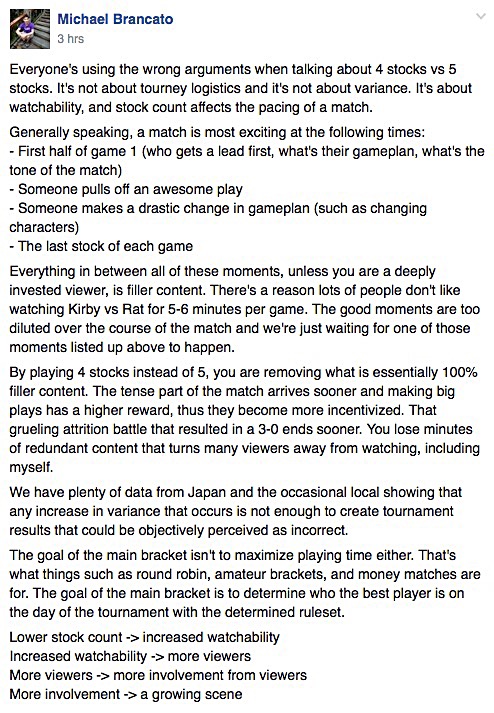In this clip from an Offworld Trading Company tournament, player adorfield recognizes that the neutral colony’s modules are consuming chemicals, gradually increasing the market price. Adorfield bought 60 chemicals early, knowing that he could sit on them for a period and then sell them at a profit.
This is, on its own, a sound plan. However, the plan should have been aimed at selling the chems as soon as the profits were enough to let him buy the HQ level 2 upgrade for additional tile claims. Instead, adorfield did not sell his stockpile, locking up thousands of dollars that needed to be used to jump start in the critical moments of the opening. The plan actually delayed his development rather than accelerating it.
Meanwhile, an opponent with unstifled development was able to use their faster HQ level 2 claims to snatch away the high aluminum tile adjacent to adorfield’s base. In this moment we can see how the error snowballed against adorfiel and seriously hampered his opening. Yes, the price of those chems will continue to rise, which does provide some benefit, but waiting for the price to rise further came with an enormous opportunity cost of upgrading later than his opponents.
 Tasigur, the Golden Fang can be cast at reduced cost if the player exiles cards from their graveyard while casting it. Once in play, one can pay mana to activate Tasigur's ability, which puts some cards in your graveyard, then makes an opponent choose one nonland card in your graveyard to return to your hand. Players may be tempted to exile as many lands as possible when casting Tasigur, so that their graveyard is full of spells, but by exiling spells and leaving more lands, the opponent does not get as many options about which nonland card to give you.
Tasigur, the Golden Fang can be cast at reduced cost if the player exiles cards from their graveyard while casting it. Once in play, one can pay mana to activate Tasigur's ability, which puts some cards in your graveyard, then makes an opponent choose one nonland card in your graveyard to return to your hand. Players may be tempted to exile as many lands as possible when casting Tasigur, so that their graveyard is full of spells, but by exiling spells and leaving more lands, the opponent does not get as many options about which nonland card to give you. 